when should you go to the hospital for a fever after covid vaccine
Fever lasts longer than three to five days. According to Leann Poston MD a licensed physician and health expert for Invigor Medical trouble breathing is a sensation that you cannot take a deep breath that your throat is closing or that you cannot get enough air into your lungs In these instances you need to go to the hospital.

What To Expect After Getting Vaccinated
Some people dont have fever at all.
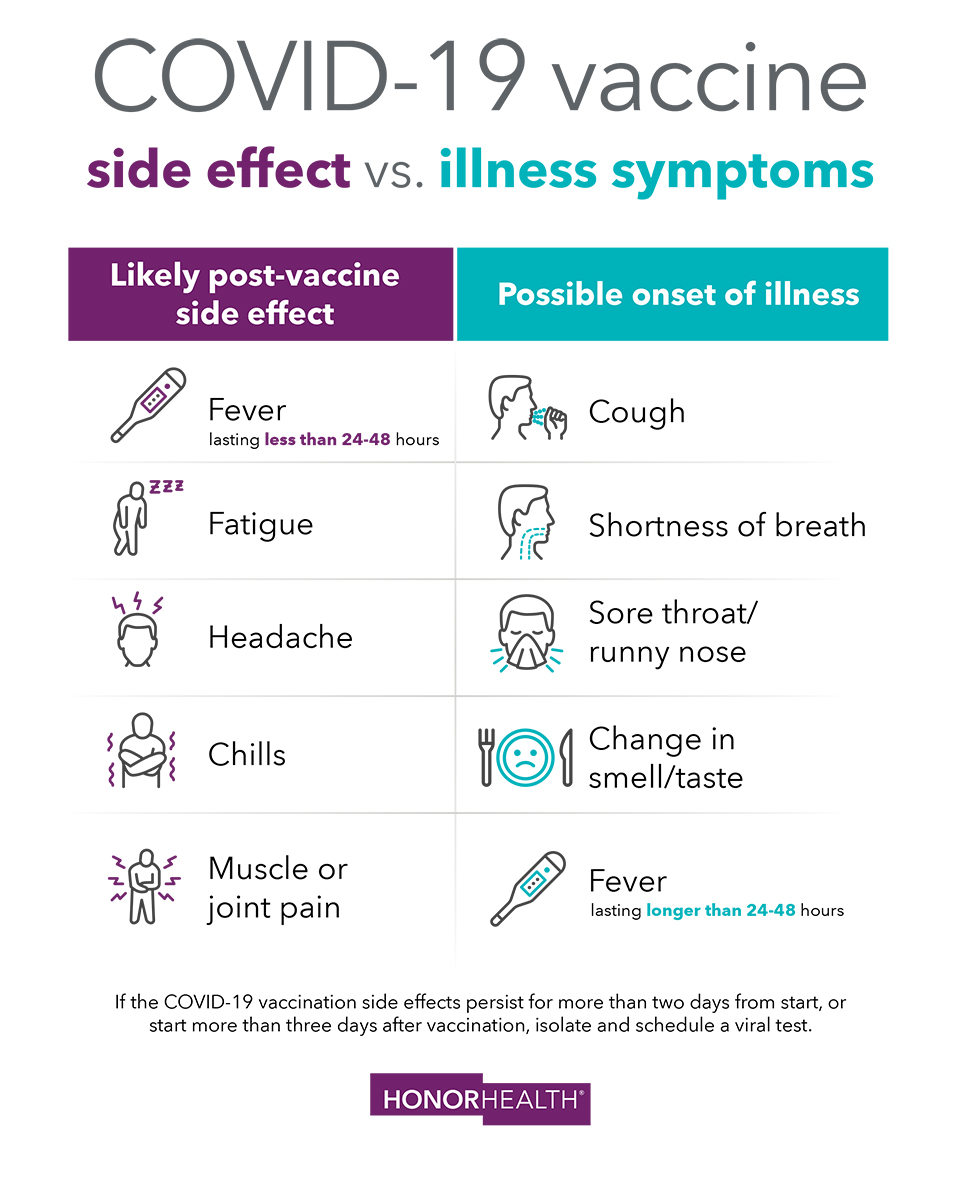
. Confusion or sudden change in mental status. Covid-19 infections are on the rise with most US states reporting an increase in cases. Vaccines are not 100 effective at preventing disease so.
If its beyond 10 days I would say its more likely happening to people who are unvaccinated. Fever doesnt respond to fever-reducing medications such as acetaminophen or ibuprofen Tylenol or Advil Other symptoms include confusion neck stiffness or sensitivity to light. Blue face or lips.
Dry cough fever breathing getting more difficult. Most people experience mild-to-moderate disease. Significant or worrisome cough that is increasing.
Fever can be one of the first signs of COVID-19 or fever can appear later during the illness. Extreme sleepiness or inability to wake. Most people with COVID-19 do not need to go to the hospital and will have a smooth recovery at home.
According to the US Centers for Disease Control and Prevention the highly contagious BA2121 subvariant. In milder cases your shortness of breath could be. For 10 days after your last close contact with someone with COVID-19 watch for fever 1004 F or greater cough shortness of breath or other COVID-19 symptoms.
103F or higher Contact your health care provider. Shortness of breath while at rest. Some people have shown up to the ER looking for a COVID-19 test since.
Some severe COVID-19 symptoms that need medical attention include significant difficulty breathing confusion or disorientation or a bluish discoloration in the lips or hands. In general if youre in the hospital its because youre unvaccinated. Moderna says 97 of their participants felt fatigued and 45 got a headache.
If you get worse such as having trouble breathing having a temperature above 102 degrees or your lips begin to look blue a sign of a lack of oxygen go to the hospital. Fever is one of the ways your body. Persistent pain or pressure in the chest.
The Centers for Disease Control and Prevention has an entire page devoted to what you should expect after receiving your COVID-19 vaccineThey list some of the most common symptoms including pain. Hospitalizations for people with COVID-19 have reached record highs with over 145000 people in hospital beds this week. Situations that are cause for concern.
An infection of a fully vaccinated person is referred to as a vaccine breakthrough infection. That is why it is important to be fever-free. The Pfizer-BioNTech COVID-19 vaccine administered for the first two doses of COVID-19 vaccine is the same formulation as the additional third dose and booster dose.
Consider seeing a doctor if. A 28-year-old Irish woman named Rachel Gunn has. 101F or higher If youre immunocompromised or over 65 years of age and are concerned that youve been exposed to COVID-19 contact your health care provider.
After living with COVID for almost a year now we all know what many of the common symptoms arelike a fever dry cough and fatigue. According to the CDC the FDA-approved Moderna Spikevax COVID-19 vaccine and the FDA-authorized Moderna COVID-19 vaccine have the same formulation and may be used interchangeably. High temperature above.
People who fall into this category often recover without hospital treatment within 12 weeks. However people with more severe symptoms typically. It can be persistent constant or come and go for a few days or even weeks.
In the ER providers can check your vital signs and run some tests. These COVID-19 symptoms are a sign you should get to a hospital Back to video With Omicron the most common mild symptoms include a fever 38 degrees Celsius or higher cough congestion muscle. However there can be a thin line between a mild case of COVID and a severe case that requires hospitalization and certain symptoms could indicate the latter.
105F Go to the emergency room. Severe COVID-19 symptoms to watch include. The CDC reports the most common side effects for the vaccines is at the injection site.
Some symptoms of these COVID complications include. COVID-19 symptoms including fever can start anywhere from 2 days to 2 weeks after exposure to the virus.

Covid 19 Vaccine Frequently Asked Questions The Loop
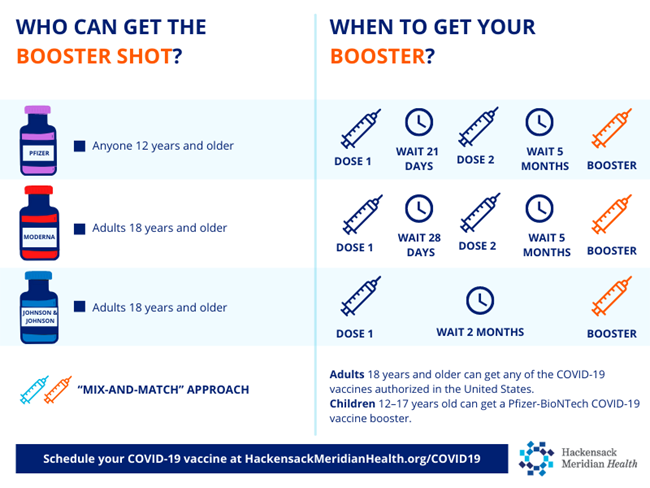
Covid Boosters And Kids What To Know

5 Things To Know Before Receiving Covid 19 Vaccine Bangkok Hospital
:max_bytes(150000):strip_icc()/when-to-expect-covid-19-vaccination-side-effects-5176621_V1-67a15605548f4e64b078cf5ab85213d1.jpg)
A Timeline Of Covid 19 Vaccine Side Effects

How To Monitor And Report Covid 19 Vaccine Side Effects

Pennsylvania Department Of Health Covid19 Vaccines Currently Authorized For Use In The Us Don T Use The Live Virus That Causes Covid 19 And Cannot Give You Covid 19 Having Symptoms Like Fever After
Covid 19 Vaccine Is Safe And Effective For People With Down Syndrome Down Syndrome International
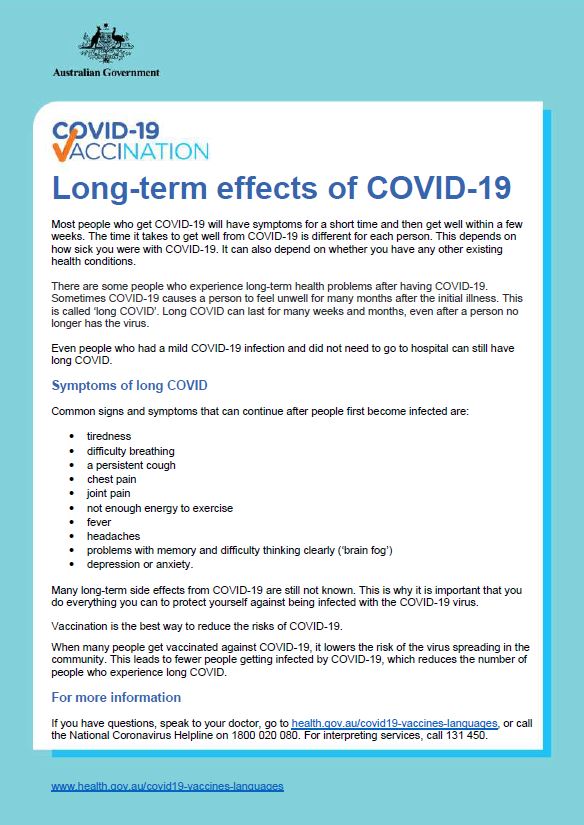
Covid 19 Vaccination Long Term Effects Of Covid 19 Australian Government Department Of Health
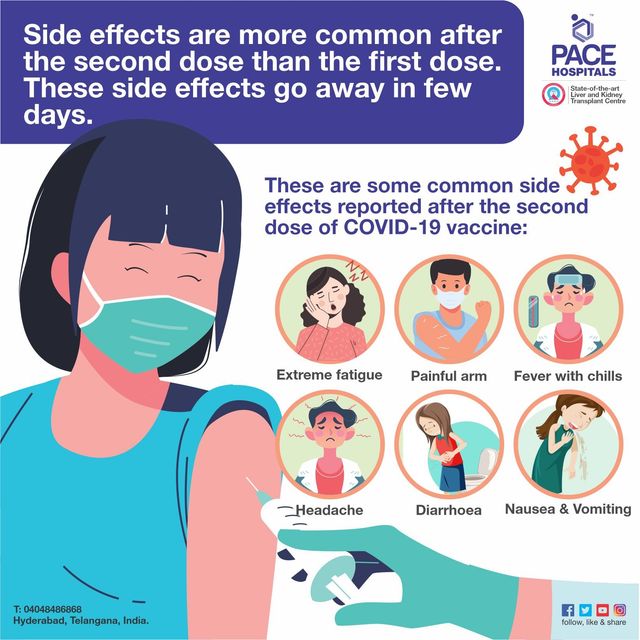
List Of Possible Covid 19 Vaccine Side Effects And Its Duration

Cdc Some People Have Side Effects After Getting Their Covid 19 Vaccine But These Usually Go Away Within A Few Days Side Effects After Your Second Shot May Be More Intense Than
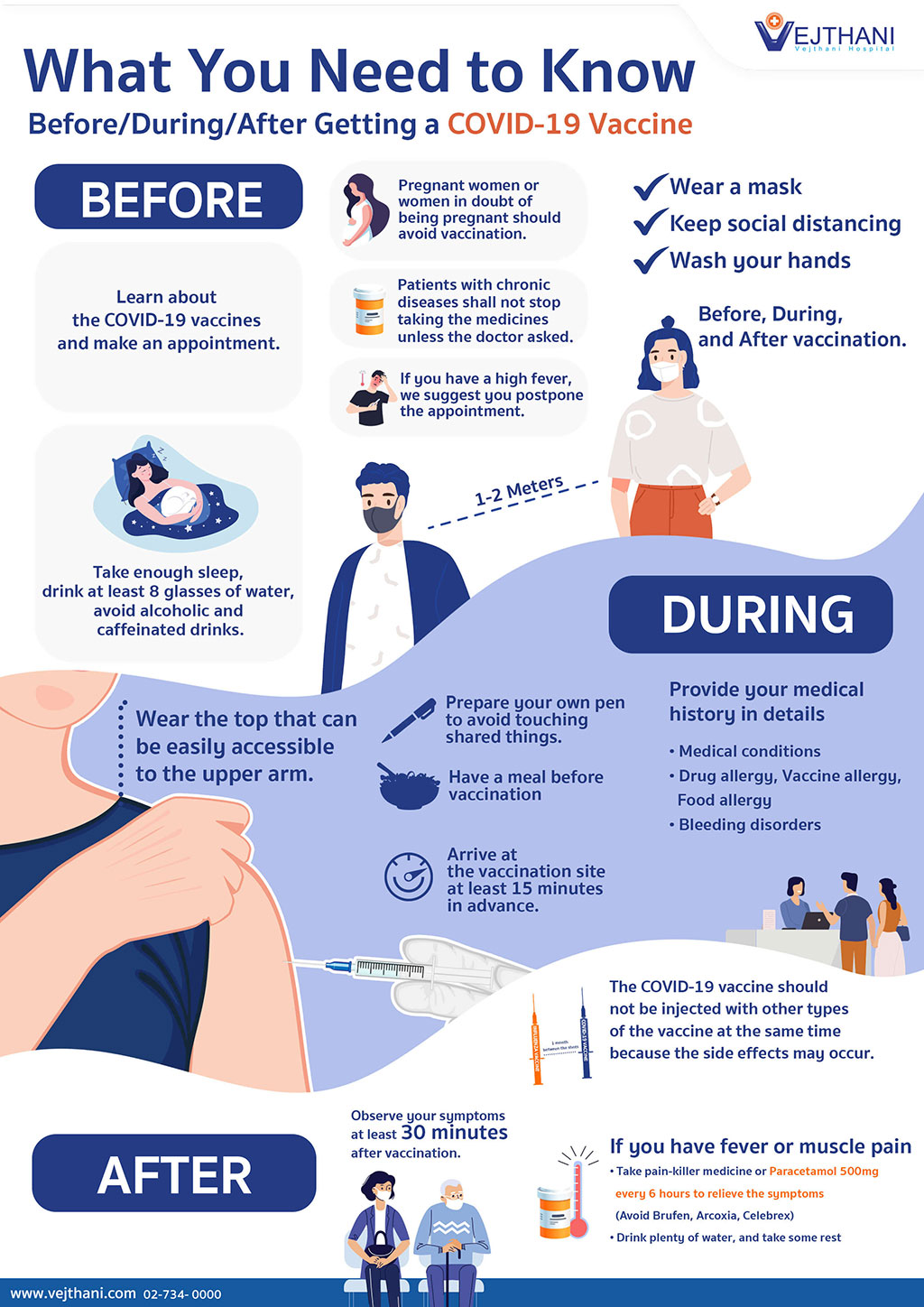
What You Need To Know Before During After Getting A Covid 19 Vaccine Vejthani Hospital Jci Accredited International Hospital In Bangkok Thailand
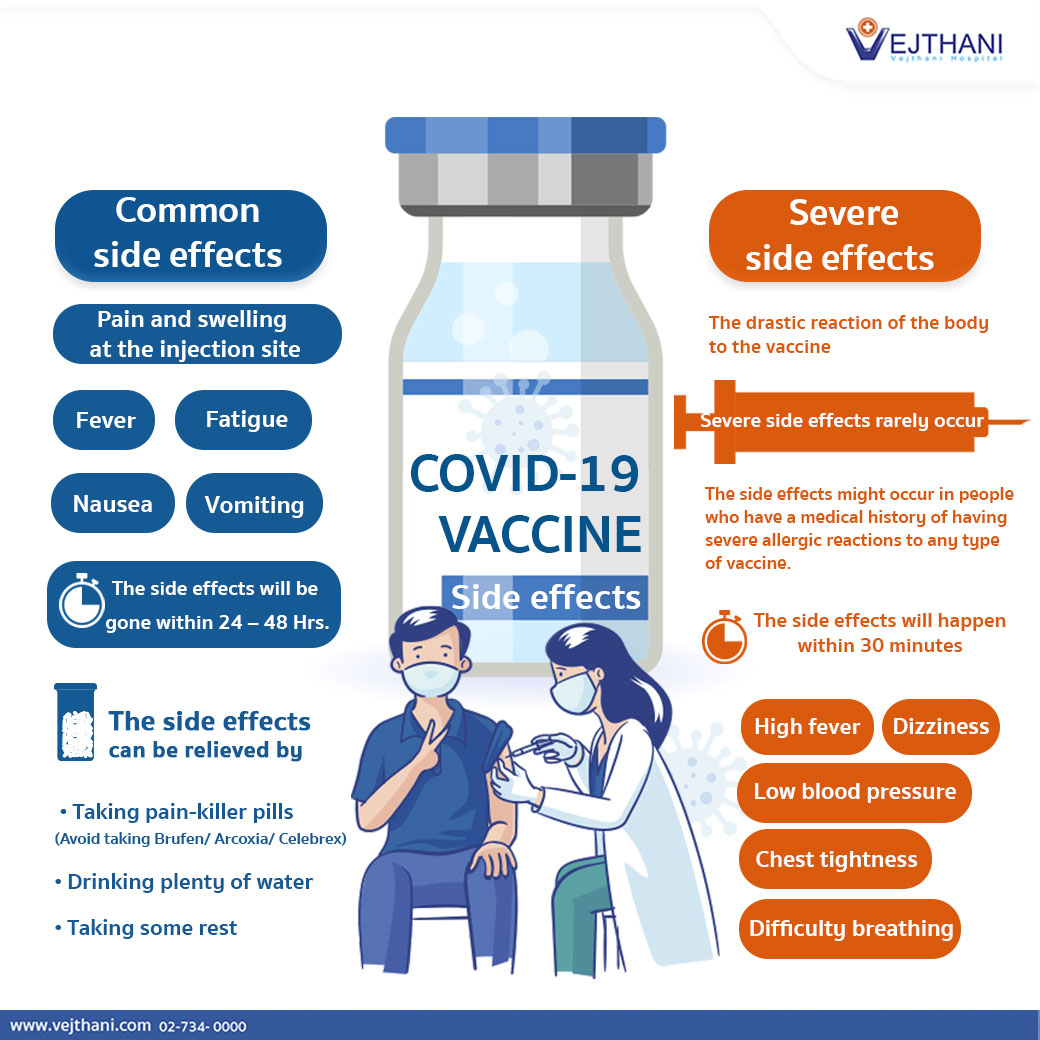
Possible Side Effects After Getting Vaccinated Vejthani Hospital Jci Accredited International Hospital In Bangkok Thailand
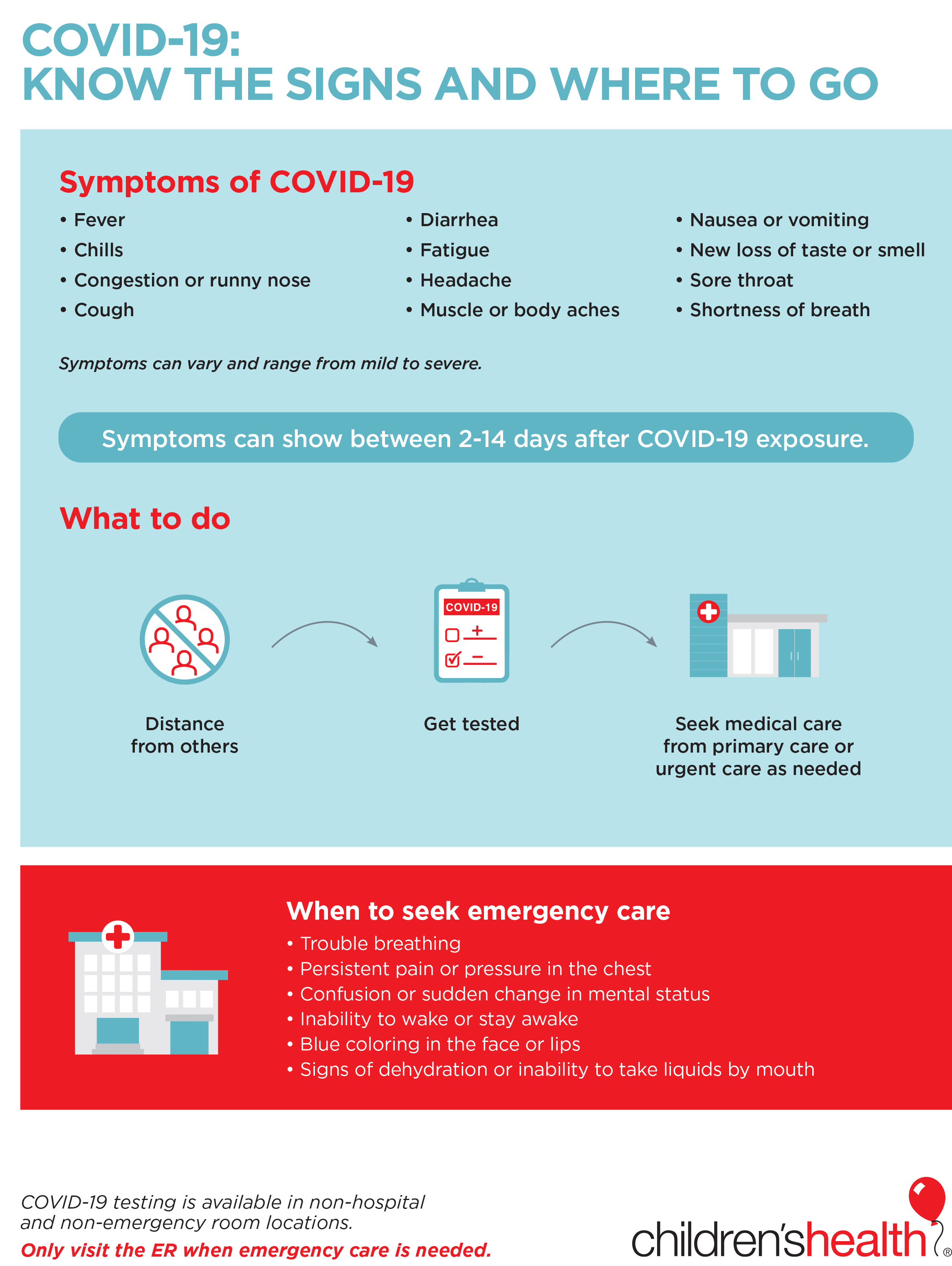
When To Go To The Er For Covid 19 Children S Health
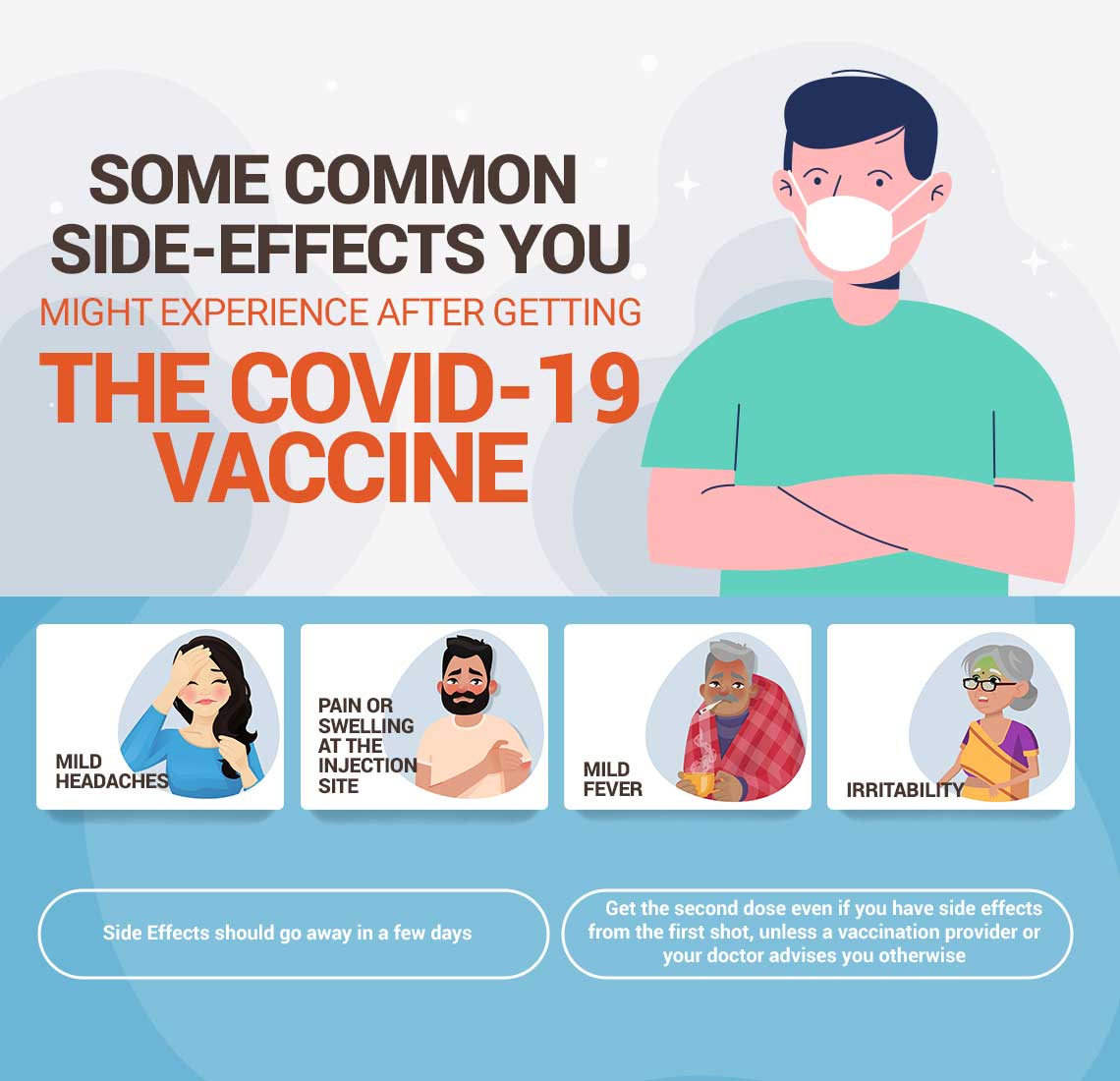
Common Side Effects Of Covid Vaccine Vikaspedia

Covid Boosters And Kids What To Know

